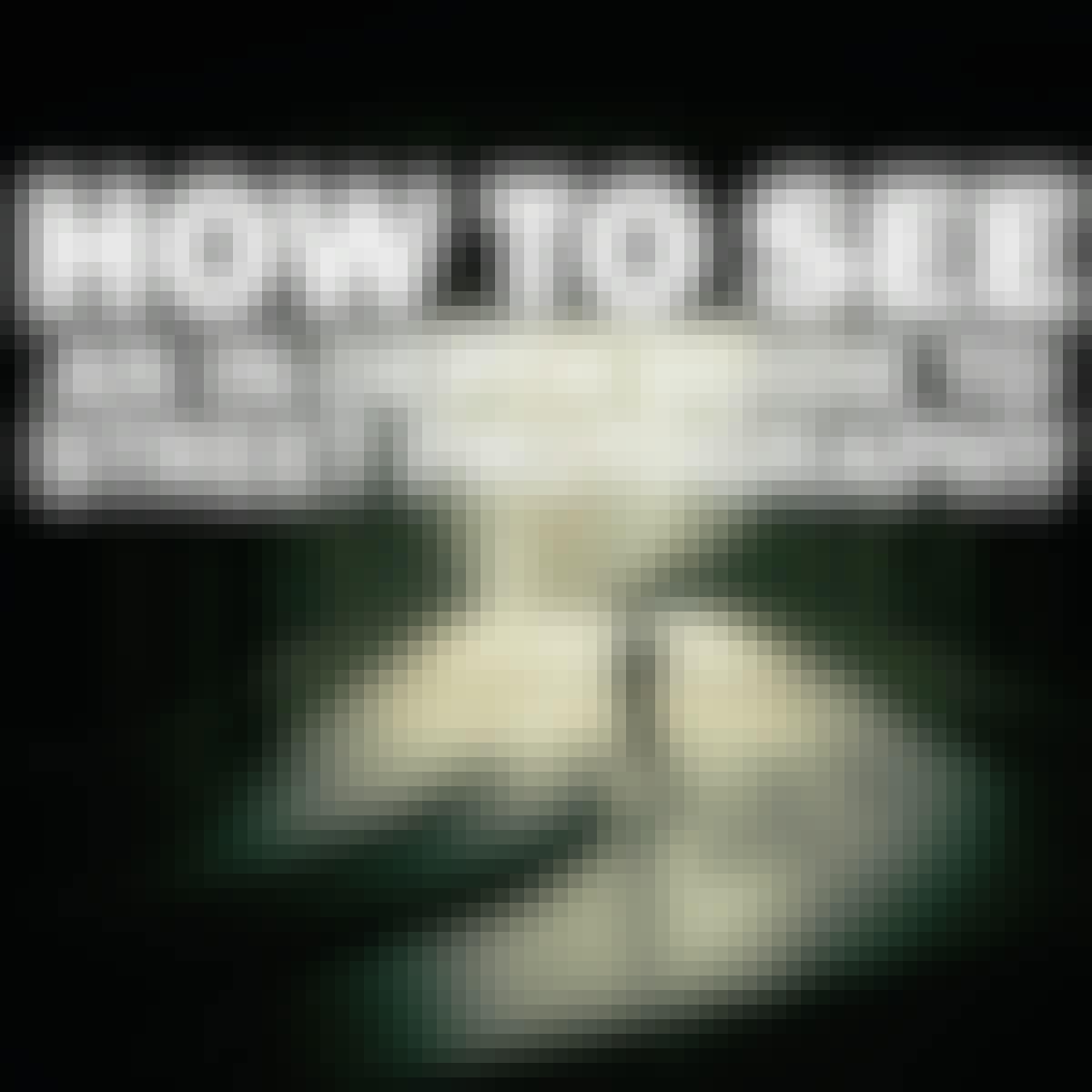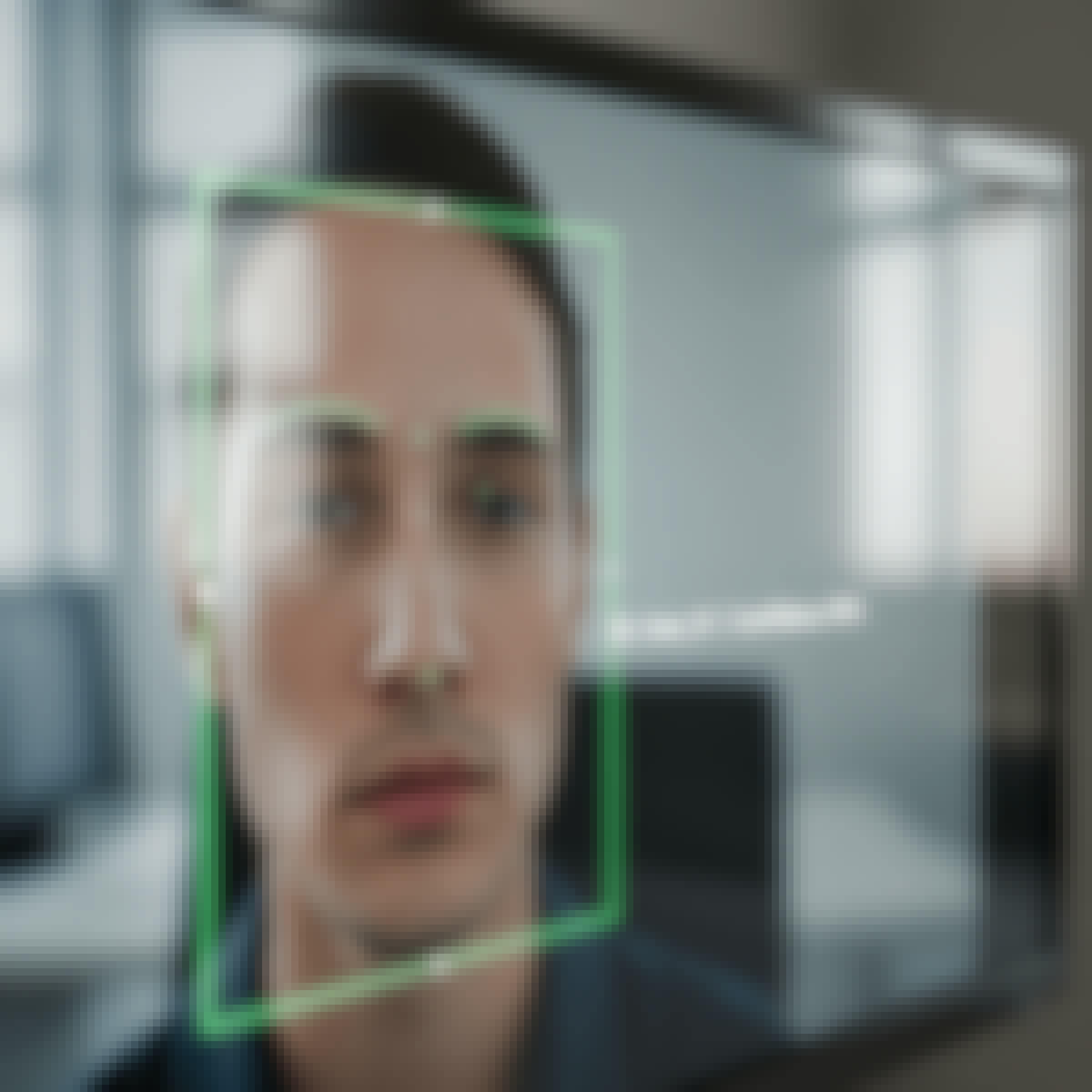- Browse
- Working Principles Of A Camera
Results for "working+principles+of+a+camera"
 Status: Free TrialFree TrialM
Status: Free TrialFree TrialMMichigan State University
Skills you'll gain: Design Elements And Principles, Photography, Photo Editing, Peer Review, Creative Design, Graphic and Visual Design, Photo/Video Production and Technology, Image Quality, File Management, Creativity, Storytelling, Digital Publishing, Social Media, Content Creation, Copywriting, Information Privacy, Writing, Web Design and Development
4.7·Rating, 4.7 out of 5 stars6.7K reviewsBeginner · Specialization · 3 - 6 Months
 Status: Free TrialFree TrialC
Status: Free TrialFree TrialCColumbia University
Skills you'll gain: Computer Vision, Image Quality, Image Analysis, Computer Graphics, 3D Modeling, Photography, Virtual Reality, Visualization (Computer Graphics), Medical Imaging, Artificial Neural Networks, Unsupervised Learning, Graph Theory, Dimensionality Reduction, Mathematical Modeling, Estimation, Machine Learning Algorithms, Color Theory, Algorithms, Automation Engineering, Electronic Components
4.7·Rating, 4.7 out of 5 stars236 reviewsBeginner · Specialization · 3 - 6 Months
 Status: Free TrialFree TrialM
Status: Free TrialFree TrialMMichigan State University
Skills you'll gain: Photography, Photo Editing, Image Quality, Peer Review, Digital Publishing, Creativity, Information Privacy, Web Design and Development
4.8·Rating, 4.8 out of 5 stars1.1K reviewsMixed · Course · 1 - 4 Weeks
 Status: Free TrialFree TrialM
Status: Free TrialFree TrialMMichigan State University
Skills you'll gain: Photography, Peer Review, Photo/Video Production and Technology, Image Quality, Creativity, Design Elements And Principles
4.8·Rating, 4.8 out of 5 stars5.3K reviewsMixed · Course · 1 - 4 Weeks
 Status: Free TrialFree TrialM
Status: Free TrialFree TrialMMichigan State University
Skills you'll gain: Design Elements And Principles, Photography, Photo Editing, Creative Design, Graphic and Visual Design, Image Quality, Photo/Video Production and Technology, File Management, Storytelling
4.7·Rating, 4.7 out of 5 stars1.3K reviewsMixed · Course · 1 - 4 Weeks
 Status: Free TrialFree TrialA
Status: Free TrialFree TrialAAdobe
Skills you'll gain: Photo Editing, Adobe Photoshop, Photography, Generative AI, File Management, Image Quality, Graphic and Visual Design, Creative Design, Storyboarding, Graphic Design, Editing, Creativity
4.7·Rating, 4.7 out of 5 stars201 reviewsMixed · Course · 1 - 4 Weeks
What brings you to Coursera today?
 Status: Free TrialFree TrialU
Status: Free TrialFree TrialUUniversity of Colorado Boulder
Skills you'll gain: Adobe Premiere, Video Production, Videography, Post-Production, Video Editing, Storyboarding, Storytelling, Cinematography, Adobe Creative Cloud, Media Production, Editing, Writing, Graphic and Visual Design, Scripting, Multimedia, Timelines, File Management, Creativity, Quality Assurance
4.6·Rating, 4.6 out of 5 stars136 reviewsBeginner · Specialization · 3 - 6 Months
 Status: NewNewStatus: Free TrialFree Trial
Status: NewNewStatus: Free TrialFree TrialSkills you'll gain: Performance Tuning
Beginner · Course · 1 - 4 Weeks
 Status: Free TrialFree TrialK
Status: Free TrialFree TrialKKeller Williams
Skills you'll gain: Lead Generation, Real Estate, Real Estate Sales, Property and Real Estate, Customer Relationship Building, Database Management, Sales Process, Client Services, Sales Prospecting, Prioritization, Goal Setting, Market Data, Market Analysis, Calendar Management, Market Trend, Compensation Management
4.8·Rating, 4.8 out of 5 stars156 reviewsBeginner · Course · 1 - 3 Months
 Status: Free TrialFree TrialS
Status: Free TrialFree TrialSSkillshare
Skills you'll gain: Photography, Photo Editing, Post-Production, Creativity, Lifelong Learning, Photo/Video Production and Technology, Adobe Photoshop, Growth Mindedness, Creative Thinking, Style Guides, Storytelling, Aesthetics, Self-Awareness, Ethical Standards And Conduct, Persistence, Curiosity, Resilience, Decision Making, Patience, Adaptability
4.6·Rating, 4.6 out of 5 stars7 reviewsBeginner · Specialization · 3 - 6 Months
 Status: Free TrialFree TrialM
Status: Free TrialFree TrialMMichigan State University
Skills you'll gain: Photography, Peer Review, Photo/Video Production and Technology, Image Quality
4.8·Rating, 4.8 out of 5 stars1.9K reviewsMixed · Course · 1 - 4 Weeks
 Status: NewNewStatus: Free TrialFree Trial
Status: NewNewStatus: Free TrialFree TrialSkills you'll gain: Computer Vision, Image Analysis, Real Time Data, Python Programming, Development Environment, NumPy, Debugging, Software Installation
Mixed · Course · 1 - 4 Weeks
In summary, here are 10 of our most popular working+principles+of+a+camera courses
- Photography Basics and Beyond: From Smartphone to DSLR: Michigan State University
- First Principles of Computer Vision: Columbia University
- Photography Techniques: Light, Content, and Sharing: Michigan State University
- Cameras, Exposure, and Photography: Michigan State University
- Principles of Photo Composition and Digital Image Post-Production: Michigan State University
- Image Editing: Adobe
- The Art of Visual Storytelling: University of Colorado Boulder
- Apply OpenGL Texturing and Camera Systems: EDUCBA
- The Principles of Real Estate: Keller Williams
- Street Photography: Skillshare










